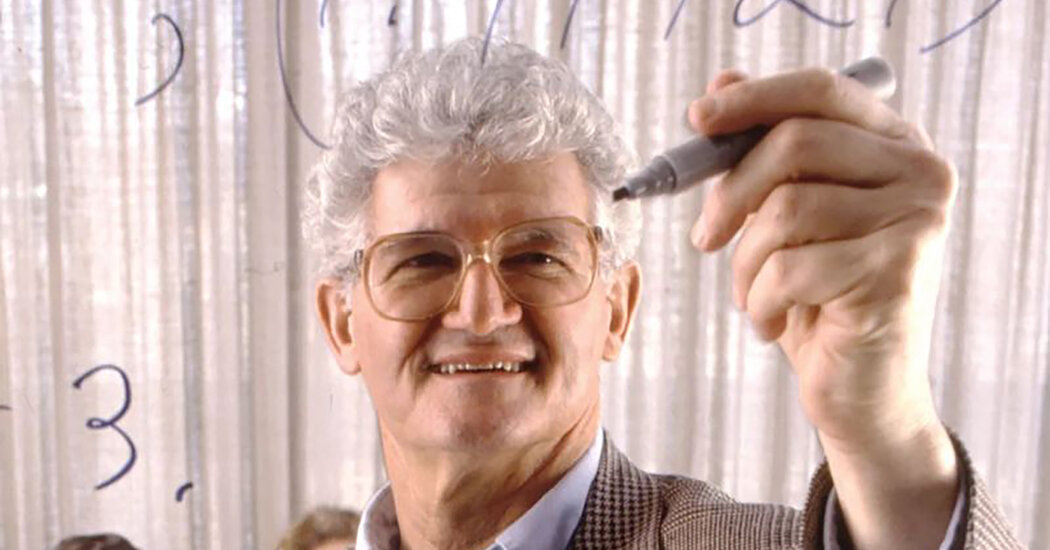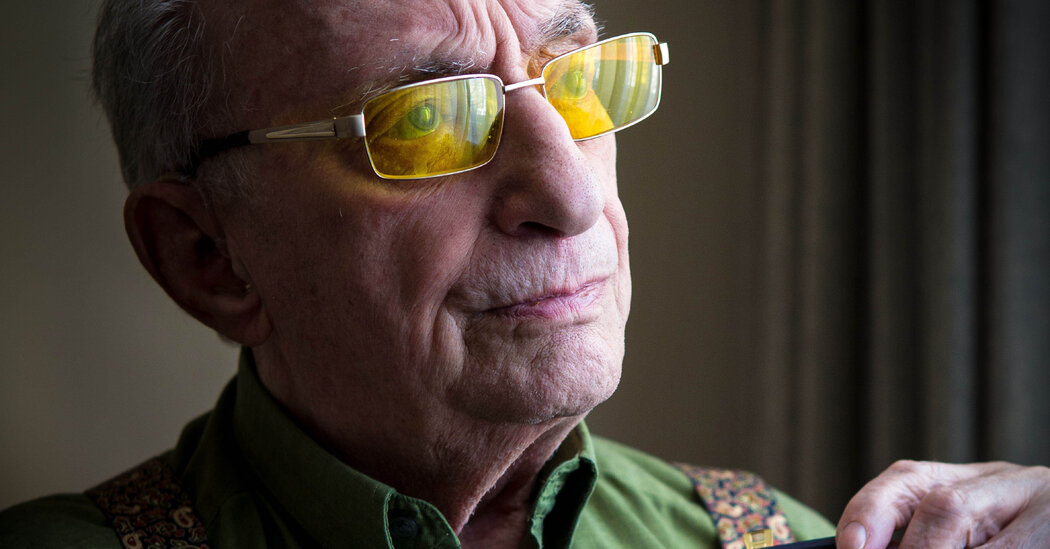Why do Americans have such deep distrust of their government?
It’s a simple question with a complex answer, but here’s part of the reason: All too often, the government wrongfully inflicts profound harm on American citizens and then leaves them with no recourse. It violates the law and leaves its victims with no way to be made whole.
Let me give you two recent examples, both taken from Supreme Court cases that were argued this term and have not yet been decided.
In the predawn hours of Oct. 18, 2017, an F.B.I. SWAT team detonated a flash-bang grenade at a home at 3756 Denville Trace in Atlanta. A team of federal agents rushed in.
The family inside was terrified. Hilliard Toi Cliatt lived there with his partner, Curtrina Martin, and her 7-year-old son, Gabe. They had no idea who had entered their house. Cliatt tried to protect Martin by grabbing her and hiding in a closet.
Martin screamed, “I need to get my son.” The agents pulled Cliatt and Martin out of the closet, holding them at gunpoint as Martin fell to the floor, half-naked. When they asked Cliatt his address, “All the noise just ended.”
He told them: 3756 Denville Trace. But it turned out they were supposed to be at 3741 Landau Lane, an entirely different house down the block. The agents left, raided the correct house and then returned to apologize. The lead agent gave the family his business card and left the family, according to their Supreme Court petition, in “stunned disbelief.”




